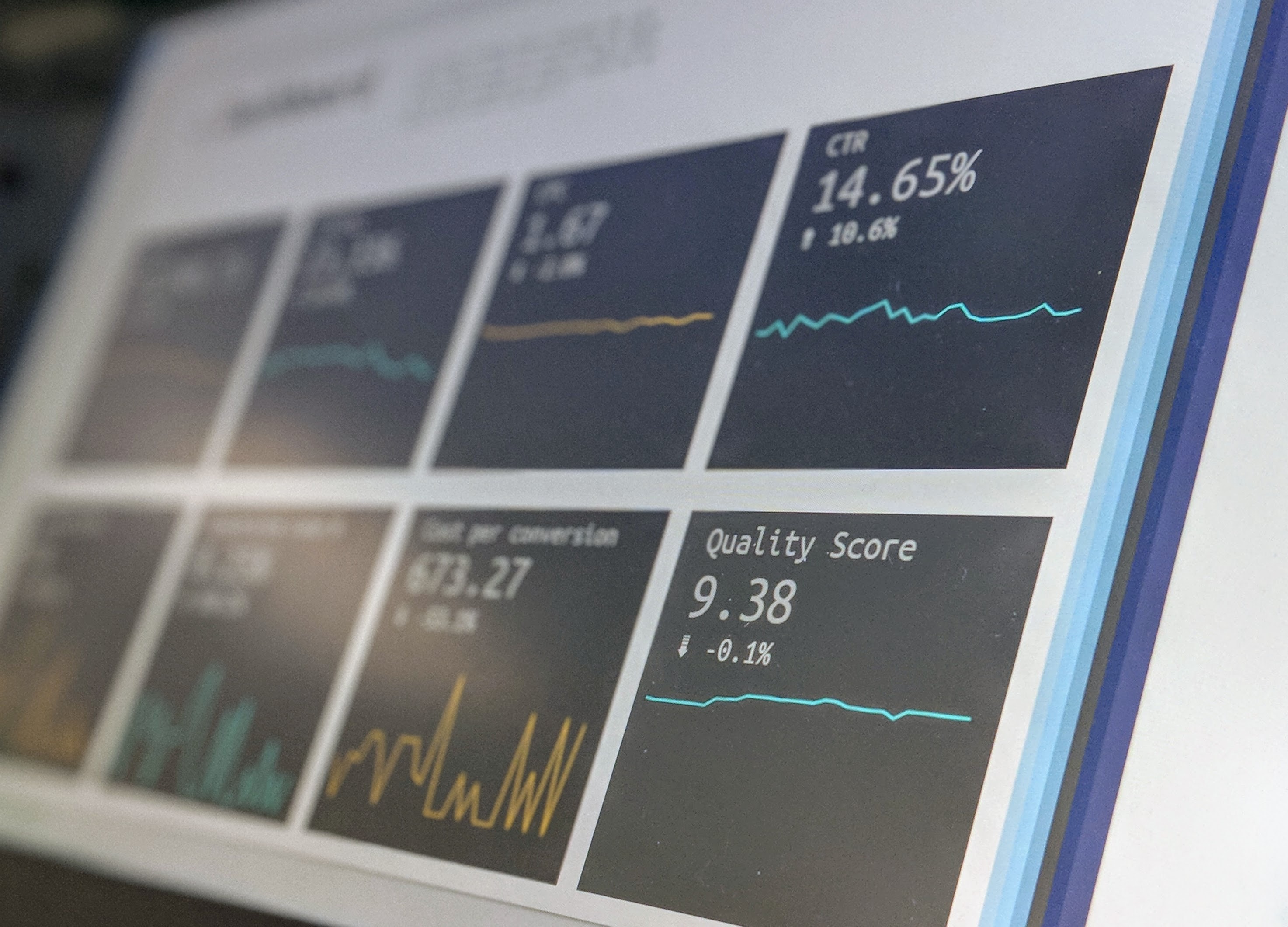
403
Sorry!!
Error! We're sorry, but the page you were looking for doesn't exist.
GCC financial markets respond to rising regional disputes
(MENAFN) Most stock markets across the Gulf region experienced declines on Sunday as tensions escalated following Iran's retaliatory attack on Israel. The heightened risk of conflict spreading throughout the region cast a shadow over investor sentiment, prompting cautious trading behaviors.
Iran's announcement of retaliatory measures against Israel, triggered by an air strike that resulted in casualties at its embassy compound in Damascus, intensified concerns about the potential for further escalation in the Middle East. This geopolitical uncertainty weighed on stock market performance, leading to losses in several key indices.
In Saudi Arabia, the stock market closed 0.3 percent lower, with the benchmark index experiencing a dip of approximately 2 percent during the trading session. Notably, shares of the National Bank of Saudi Arabia, the kingdom's largest bank, saw a notable decline of 3.3 percent in value. Similarly, shares of First Mills Company fell by 1.4 percent, influenced by trading dynamics following the expiration of the right to distribute cash dividends.
Despite the overall downward trend, there were exceptions to the market movement. ACWA Power Renewable Energy Company witnessed a significant surge of 6.7 percent in its share price, marking the fifth consecutive session of gains. This notable increase can be attributed to positive news regarding the start of partial commercial operations at the Syrdarya gas turbine station in Uzbekistan, announced by ACWA Power on April 3. The reopening of the market after the Eid al-Fitr holiday further contributed to the heightened activity and positive sentiment surrounding the company's shares.
Meanwhile, on the Qatar Stock Exchange, which also resumed trading following the Eid holiday, the main stock index declined by 0.8 percent. Most listed companies experienced losses, including Qatar National Bank, which saw its shares decrease by 1.2 percent.
Overall, the Gulf stock markets' reaction to regional tensions underscores the influence of geopolitical developments on investor confidence and market dynamics. As uncertainties persist, investors remain vigilant and closely monitor developments in the region for potential implications on market performance.
Iran's announcement of retaliatory measures against Israel, triggered by an air strike that resulted in casualties at its embassy compound in Damascus, intensified concerns about the potential for further escalation in the Middle East. This geopolitical uncertainty weighed on stock market performance, leading to losses in several key indices.
In Saudi Arabia, the stock market closed 0.3 percent lower, with the benchmark index experiencing a dip of approximately 2 percent during the trading session. Notably, shares of the National Bank of Saudi Arabia, the kingdom's largest bank, saw a notable decline of 3.3 percent in value. Similarly, shares of First Mills Company fell by 1.4 percent, influenced by trading dynamics following the expiration of the right to distribute cash dividends.
Despite the overall downward trend, there were exceptions to the market movement. ACWA Power Renewable Energy Company witnessed a significant surge of 6.7 percent in its share price, marking the fifth consecutive session of gains. This notable increase can be attributed to positive news regarding the start of partial commercial operations at the Syrdarya gas turbine station in Uzbekistan, announced by ACWA Power on April 3. The reopening of the market after the Eid al-Fitr holiday further contributed to the heightened activity and positive sentiment surrounding the company's shares.
Meanwhile, on the Qatar Stock Exchange, which also resumed trading following the Eid holiday, the main stock index declined by 0.8 percent. Most listed companies experienced losses, including Qatar National Bank, which saw its shares decrease by 1.2 percent.
Overall, the Gulf stock markets' reaction to regional tensions underscores the influence of geopolitical developments on investor confidence and market dynamics. As uncertainties persist, investors remain vigilant and closely monitor developments in the region for potential implications on market performance.

Legal Disclaimer:
MENAFN provides the
information “as is” without warranty of any kind. We do not accept
any responsibility or liability for the accuracy, content, images,
videos, licenses, completeness, legality, or reliability of the information
contained in this article. If you have any complaints or copyright
issues related to this article, kindly contact the provider above.
Market Research

- Fitell Corporation Launches Solana (SOL) Digital Asset Treasury With $100M Financing Facility, With Focus On Yield And On-Chain Defi Innovation
- Mutuum Finance (MUTM) New Crypto Coin Eyes Next Price Increase As Phase 6 Reaches 50% Sold
- Edgen Launches Multi‐Agent Intelligence Upgrade To Unify Crypto And Equity Analysis
- Luminadata Unveils GAAP & SOX-Trained AI Agents Achieving 99.8% Reconciliation Accuracy
- Primexbt Launches Apple Pay For Seamless Deposits On Mobile
- FLOKI Funds Clean Water Wells In Africa Through Partnership With WWFA

















Comments
No comment